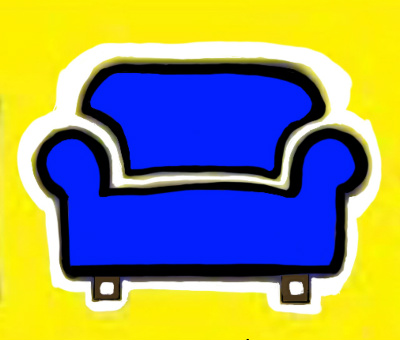The past being a closet full of skeletons in the depiction of just about every character in the novel conveys the complexity of the human condition and the fact that perhaps every person under the sun has some things he/she may feel embarrassed to disclose. This is evidenced by his obsession with the realness of Gatsby's library books. An error occurred trying to load this video. The man was drunk and wanted to know what Nick and Jordan thought of Jay's enormous collection of books. He does not gossip or participate in drama, nor does he excessively drink even though he has made all of his money from bootlegging. Terms in this set (45) people spread rumors about his mysterious past to account for his extraordinary wealth. The closest any of them come to being led by an outside force, or voice of authority, is when Tom seems swayed by the super racist arguments of a book about how minorities are about to overwhelm whites. In the world of The Great Gatsby, there is no moral center. F. Scott Fitzgerald's The Great Gatsby features a number of minor characters, or characters with only a small part in the story. With the large personalities of the main characters in The Great Gatsby by F. Scott Fitzgerald, it can be easy to forget some of the more minor characters. His remarks arethe ramblings of a drunk and areof no consequence or import. Who Owl Eyes In The Great Gatsby? - Arew I thought they'd be a nice durable cardboard. He finds it a discomfiting cap on the misery and desolation of the "ash heaps" that separate Long Island from Manhattan. In his novel The Great Gatsby, F. Scott Fitzgerald provided an incisive commentary on the many social disparities and injustices that existed in American society in the 1920s. - Character Analysis & Quotes, Myrtle Wilson in The Great Gatsby: Character Analysis & Quotes, Who Is George Wilson in The Great Gatsby? "In chapter 3 of The Great Gatsby why does Owl-Eyes describe Gatsby as a real Belasco?" Ewing Klipspringer is a man who takes up residence in Gatsby's home, earning him the name ''the boarder.'' During one of Gatsby's parties, when Owl Eyes was first introduced in the novel, he was found in the library admiring Gatsby's collection of books. His wife, Daisy, often laughs at him. But what about the supporting cast: the minor characters that pop in and out of the story? the rooms of her house, and about half the adjectives used to describe her (her "white neck," "white girlhood," the king's daughter "high in a white . He represents all of the people that take advantage of Gatsby's generosity. But on a bigger scale, the "ash heaps" of Queens show what happens to those who cannot succeed in the ambitious, self-serving, predatory world of the Roaring 20's that Fitzgerald finds so objectionable. We're using this system since there are many editions of Gatsby, so using page numbers would only work for students with our copy of the book. When he calls Nick, instead of asking about the funeral arrangements as expected, he asks if Nick has seen a pair of his shoes that he may have left at the house.
